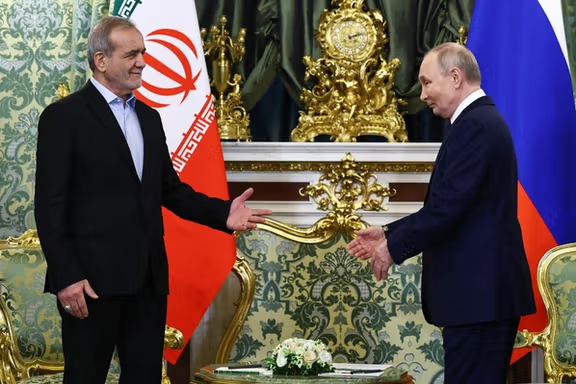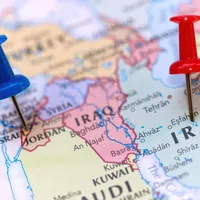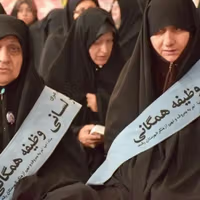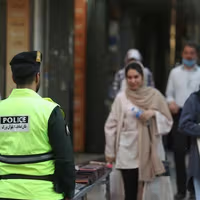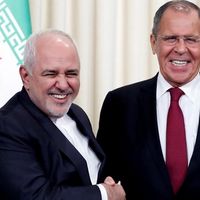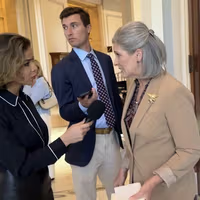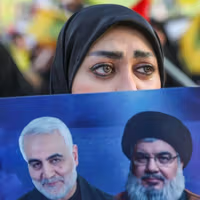Russia said on Friday it was ready to help resolve the impasse over Iran’s nuclear program—a day after former foreign minister Mohammad Javad Zarif accused Moscow of standing in the way of Tehran’s potential path to normalcy with the West.
Zarif reignited long-running suspicions about Moscow’s intentions as Iran’s security chief Ali Larijani visited the Russian capital to deliver a message from Supreme Leader Ali Khamenei.
The former head of parliament’s National Security Committee Heshmatollah Falahatpisheh echoed the charge on Friday, asserting that Russia had previously obstructed a potential agreement with the United States in 2021.
“Over-reliance on the Kremlin puts Iran on a dangerous path,” he warned in the economic daily Donya-ye Eghtesad. “Russia is not a trustworthy partner around the world, and ignoring this could be costly.”
Another moderate outlet, Rouydad24, argued in a Friday editorial that “historical experience shows Moscow’s interests do not always align with Tehran’s.”
Lifeline or liability?
Iran’s dependence on Russia—even amid Putin’s hints at goodwill mediation—has long been questioned by moderates who favor a tilt toward the West.
Those calls have intensified since the June war with Israel, when Moscow offered little help—either unwilling, as some in Tehran suggested, or unable due to its own entanglement in Ukraine.
Hardliners, and most crucially the Supreme Leader, appear to think otherwise.
Ali Khamenei has rarely been seen since Israel demonstrated its ability to strike top commanders in June, but the message from those considered closest to him remains unmistakably combative.
Khamenei’s top foreign-policy adviser Kamal Kharrazi said in an interview with the leader’s website that Iran’s missile program and support for armed allies in the region remain non-negotiable.
While emphasizing Iran’s openness to diplomacy, Kharrazi also laid bare Tehran’s limited room for compromise with Washington.
Anti-West line rules
That same day, cleric Alireza Panahian, close to Khamenei’s office, promoted a state-sponsored book advocating Israel’s annihilation—underscoring how deeply confrontation remains embedded in the system’s worldview.
Covering Larijani’s trip to Moscow, hardline outlets invariably hailed him as a “trusted figure,” implying that others, including President Masoud Pezeshkian, were not considered reliable enough to represent Khamenei.
It didn’t help the relatively moderate president that he was filmed cycling through Isfahan as part of a campaign promoting healthy living just as the veteran conservative Larijani delivered Khamenei’s message to Putin.
The image was mocked by social media users who saw it emblematic of a fragmented government in which real authority rests beyond the president's station.
